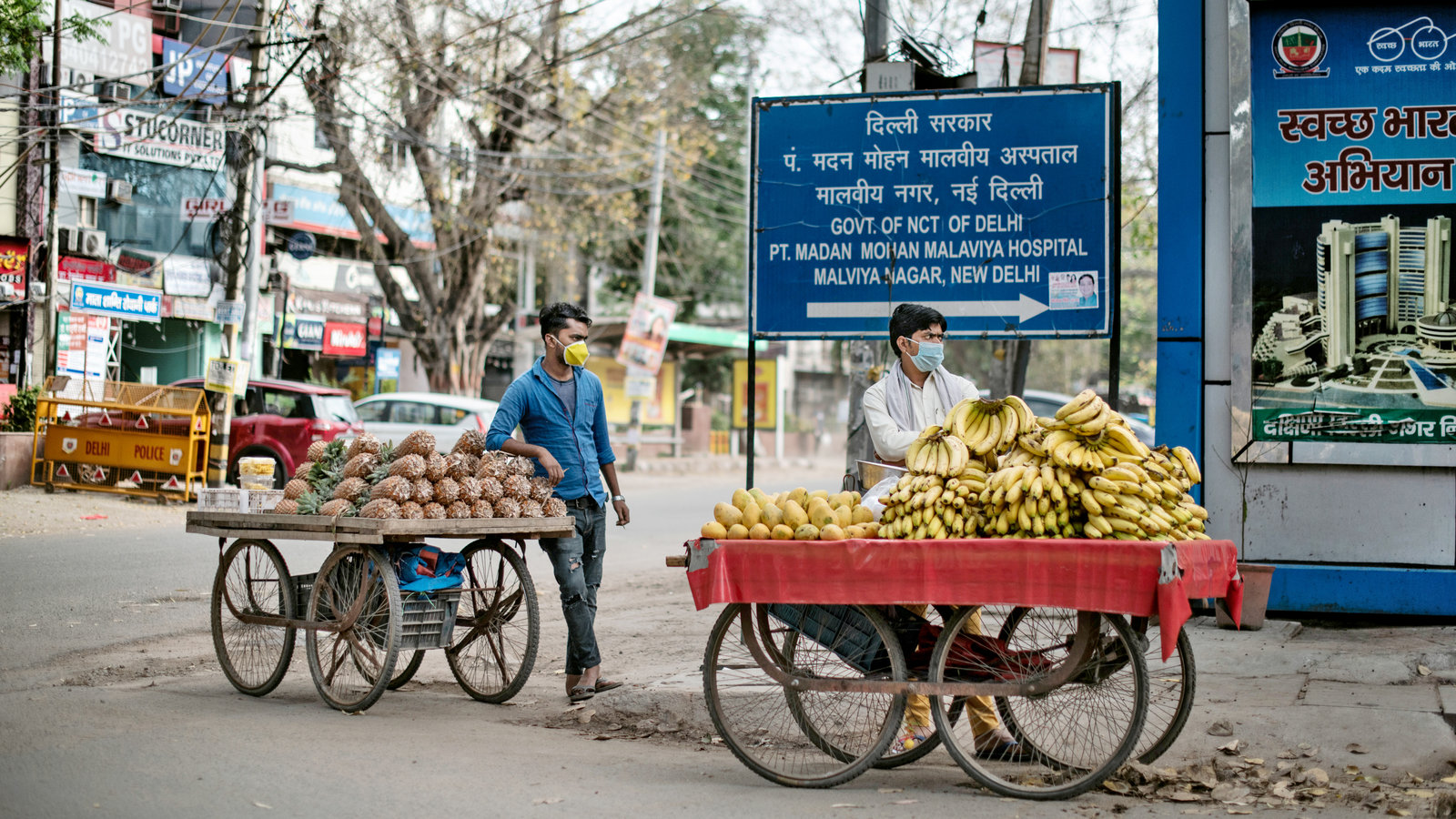
The Finance Ministry has introduced a new metric to gauge socioeconomic progress on the basis of bare necessities available such as drinking water, sanitation, shelter, electricity and LPG. The construction of this Bare Necessities Index (BNI) is a game-changer, as it will go a long way in influencing policymaking. The BNI value has a score of 0 to 1, with 0 being the least desirable and 1 being the most desirable score. The Economic Survey has said that there is improvement in access to bare necessities but disparities continue in our economy. These disparities exist between rural-urban areas, among income groups, and also across states. Covid has undoubtedly accentuated socioeconomic inequality in the country, and the Survey said that the BNI will help India achieve the sustainable development goals (SDGs) by 2030. The BNI will assist in effective convergence in scheme implementation at the Centre-State and local levels. It will thus aid in attaining inclusive and sustainable development.
*Photo Credit: Google

 EMERGING ISSUES IN AEROSPACE INDUSTRY: AN INDIAN PERSPECTIVE
EMERGING ISSUES IN AEROSPACE INDUSTRY: AN INDIAN PERSPECTIVE
 Tourism and its contribution to the Economy
Tourism and its contribution to the Economy
 De-coding skills-based pro-bono
De-coding skills-based pro-bono
 Food Inflation in India: An Assessment
Food Inflation in India: An Assessment
| About Us |
| Events |
| Digest |
| Office Bearers |
| Membership |
3rd Floor, Y.B.Chavan Centre, J.Bhosale Marg, Nariman Point, Mumbai – 400021
+91 93223 57567 / 022-35014857 / 022-35210157 / 777 / 836

 Interactive Meeting with Mr. Jaykumar Rawal Hon'ble Minister for Tourism & Employment Guarantee Scheme Govt. of Maharashtra
Interactive Meeting with Mr. Jaykumar Rawal Hon'ble Minister for Tourism & Employment Guarantee Scheme Govt. of Maharashtra